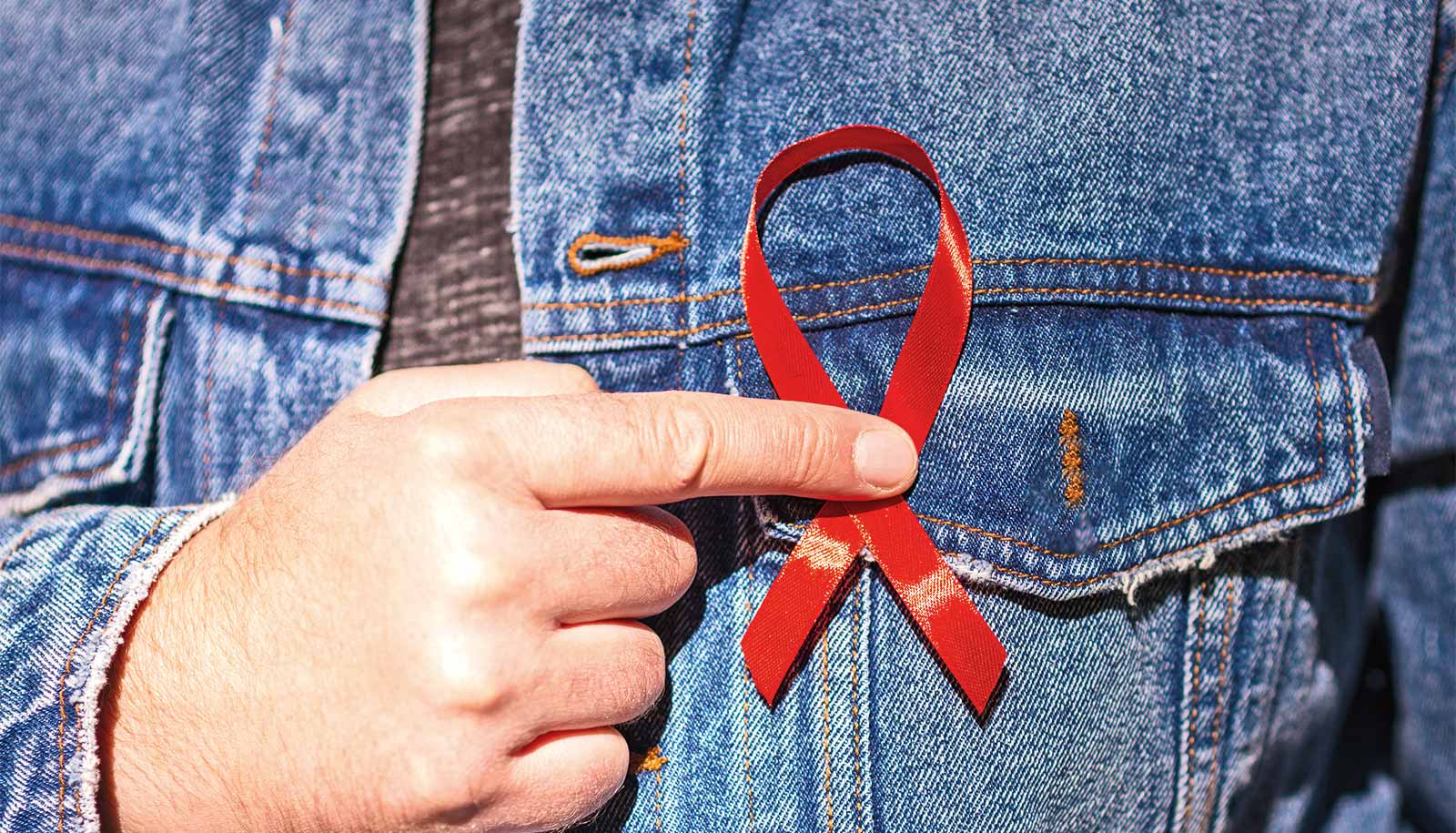A new vaccine approach works like a GPS, guiding the immune system through specific steps to make broadly neutralizing antibodies against HIV.
As reported in the journal Cell Host & Microbe, the approach provides step-by-step directions for the immune system to generate the elusive, yet necessary antibodies for a successful HIV vaccine.
“HIV is the fastest-evolving virus known. So it’s been a long-standing goal in HIV research to create a vaccine that can generate broadly neutralizing antibodies that can recognize diverse HIV strains,” says lead author Kevin Wiehe, associate professor in the department of medicine at Duke University School of Medicine and director of research at the Duke Human Vaccine Institute (DHVI).
Wiehe and colleagues started with an engineered version of a broadly neutralizing antibody in its original state, before any mutations occurred. Knowing that the antibody will need to mutate to keep up with the ever-changing HIV virus, the researchers then added sequential mutations one-by-one to determine which mutations were essential for the antibody to broadly neutralize HIV.
Doing this allowed them to figure out what the exact points were along the route to arrive at broadly neutralizing antibodies. They then developed a vaccine which gave the immune system the turn-by-turn directions to follow that mutational route.
Using mice specially bred to encode for the original version of the antibody, the researchers demonstrated that the guidance system approach triggered the immune system to start churning out the sought-after antibodies.
“This paper shows that our mutation-guided vaccine strategy can work,” says Wiehe, adding that the technique could also be used in vaccines for other diseases.
“This strategy potentially gives us a way to design vaccines to direct the immune system to make any antibody we want, which could be a broadly neutralizing antibody for all coronavirus variants, or an anti-cancer antibody.”
Wiehe says the next challenge will be to reproduce the study in primates and then humans.
The National Institute of Allergy and Infectious Diseases, a part of the National Institutes of Health, funded the work.
Source: Duke University



